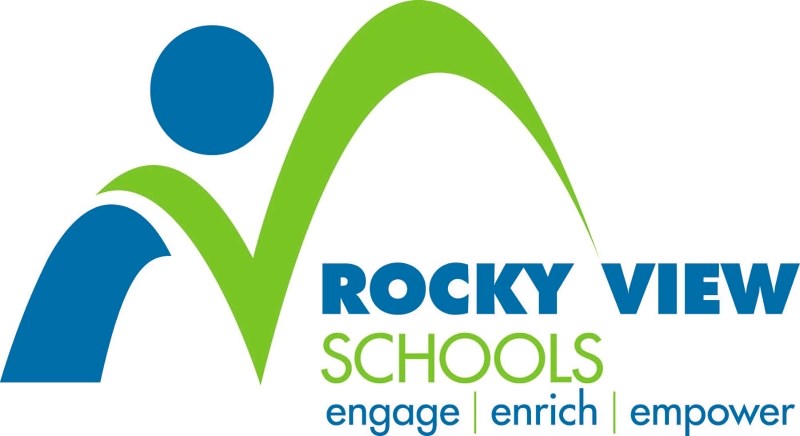A recent report by the C.D. Howe Institute reveals that Canadian math teachers should focus less on discovery-based learning and shift their focus back to traditional learning methods.
Discovery-based learning, which relies more on individual student problem-solving and less on teacher-led instruction, has been widely criticized as being confusing for math students — especially for the younger grades who need to get a handle on basics, such as multiplication tables, first.
Lucie Corriveau is a Cochrane resident and mother of a Grade 5 student who attends Manachaban Middle School, who agrees with placing the focus back on basics.
“I think they introduce discovery learning too early in school,” said Corriveau, who is not opposed to discovery learning in its entirety, only to ‘putting the horse before the cart’.
Corriveau’s father, a retired accounting professor, has long talked to his daughter about the steady decline in an understanding of basic mathematical concepts.
“It’s like introducing algebra before the multiplication table,” she said, adding that she doesn’t fault the teachers, rather the system itself; she and her family compensate by self-teaching math at home to their daughter.
The battle is far from over for Dr. Nhung Tran-Davies, the Leduc mother of three who has been advocating for a provincial revert ‘back to basics’ held a math forum May 29, where government representatives, mathematicians and concerned parents attended.
Alberta Liberal Party leader Dr. David Swan was present and confirmed he would write a letter to newly elected NDP Minister of Education, Hon. David Eggen.
“The C.D. Howe Institute report has given us vindication that we’ve been fighting the right battle,” said Tran-Davies. “We are hearing everywhere that parents are frustrated, kids are frustrated.”
She said it’s not about obliterating discovery-based learning or the ‘Inspiring Education’ initiative, rather it’s about striking a balance between teaching the basics first and introducing alternate problem-solving techniques second.
In 2014, former Minister of Education Jeff Johnson agreed to some changes with the curriculum, including reinstating the multiplication table and teaching teachers that they don’t have to teach multiple strategies — but standard algorithms are still being taught as optional.
Tran-Davies said it’s a matter of ineffective communication from the top-down. She is hopeful the new government will listen and be open to change.
According to Rocky View Schools (RVS) the move from basic learning (‘rote’ or memorization) to problem solving and higher-level thinking takes place as students progress through the education system.
“Alberta’s math curriculum has a balance between constructing math concepts and number facts and operations. By the end of Grade 3, students are expected to commit to memory addition and subtraction facts to 18, and by Grade 5 multiple and division facts up to 9 x 9,” said RVS superintendent Don Hoium.
“As students mature, they build on these math concepts by applying them to activities, solving problems, and later transferring them to real world tasks.”
Hoium added that a single approach to learning only allows for some students to succeed and that ‘Rocky View teachers employ a variety of approaches to address the learning styles, cultural backgrounds and developmental styles of each child.’
According to the report, Alberta and Manitoba students are consistently ranking among the lowest in the country on international test scores.
Report author Anne Stokke of the University of Winnipeg said 80 per cent of math teaching should be based on direct learning (multiplication tables and the practice of long division) and 20 per cent should be based on discovery-based learning techniques (independent problem solving, hands-on materials and less teacher instruction).



